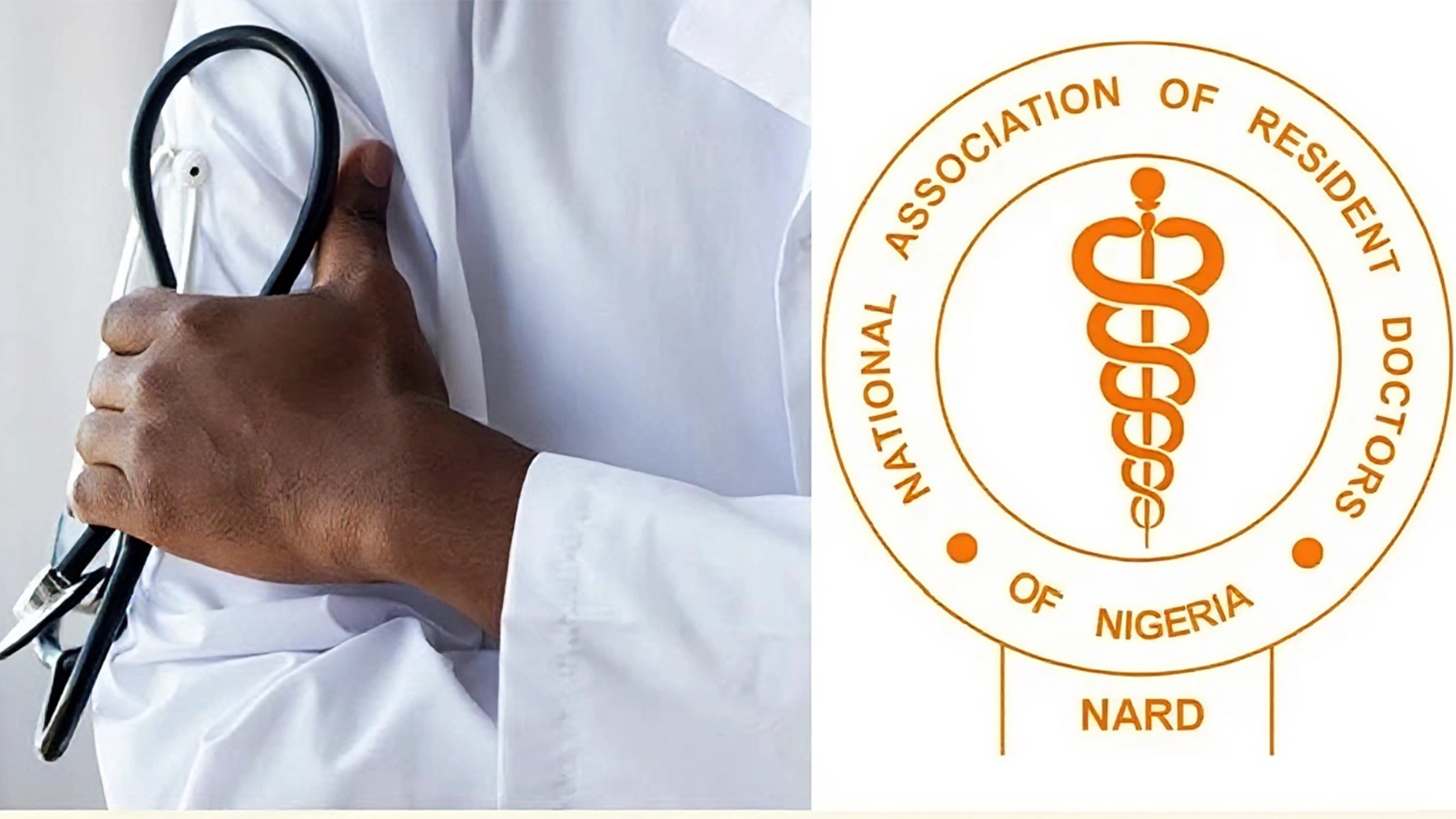[dailymotion code=”k6dVVaU7aKq3JdxIzH3″ autoplay=”yes”]
• Vaccine, antibody treatment effectiveness blunted by all three Omicron subvariants
• Drug cuts death risk by 20% in patients needing hospital care for severe COVID-19
A new study published in the journal Nature Medicine shows people who contract COVID-19 face higher risks for 20 different heart and vascular diseases/ cardiovascular diseases (CVDs) after being infected.
The study found even people who were not hospitalised with COVID-19 developed more cardiovascular disease than those who were never infected. Long-term effects could include heart failure, stroke, irregular heart rhythms, blood clots, blood vessel diseases, and heart inflammation disorders such as pericarditis and myocarditis.
Director of women’s heart health at Northwell Health in New York, United States, Dr. Evelina Grayver, who wasn’t involved with the study, told Fox News: “There were 20 cardiac disorders that were diagnosed for those patients that are suffering from long haul COVID. The most common is the shortness of breath and fatigue.
“The new arrhythmias, or the abnormal heart rhythms that people experience, are significant as well and can become incredibly handicapping for a lot of patients.”
Researchers analysed data for more than 11 million U.S. veterans in national health care databases from the U.S. Department of Veterans Affairs, which included nearly 154,000 veterans who had COVID-19 between March 2020 and January 2021. They estimated the risks and one-year outlook for 20 cardiovascular diseases.
Veterans who had COVID-19 one year earlier had a significantly higher risk for all 20 of the different heart and vessel conditions as compared with those who didn’t contract coronavirus. The risk rose with the severity of COVID-19, climbing even higher among the nearly 17,000 veterans who were hospitalized and the 5,400 veterans who were treated in intensive care units.
The risk varied by condition. For instance, veterans who had COVID-19 faced a 72 per cent higher risk of heart failure after 12 months than those who didn’t test positive. That translated to about 12 more people per 1,000 developing heart failure, the study found. Overall, 45 more infected people per 1,000 developed any of the 20 conditions than uninfected people.
The study period ended before vaccines were widely available, so 99.7 per cent of the infected veterans were unvaccinated when they contracted COVID-19, according to the journal Science. That means the paper does not address whether the risks for long-term cardiovascular problems are the same after breakthrough infections in vaccinated people. Another study is analysing that question and is now under review at a medical journal, the news outlet reported.
In addition, the study authors noted, the analysis focused on the veteran population, which tends to be older, white, and male. About 90 per cent of the patients were men, more than 70 per cent were white, and the average age was 60. The research team controlled for the possibility that those who contracted COVID-19 were already more prone to developing cardiovascular disease, Science reported. They also used statistical tools to correct gender and race.
Senior study author and chief of research at the VA St. Louis Health Care System, Ziyad Al-Aly, told the news outlet: “COVID is an equal opportunity offender. We found an increased risk of cardiovascular problems in old people and in young people, in people with diabetes and without diabetes, in people with obesity and people without obesity, in people who smoked and who never smoked.”
For now, he said, the study suggests that millions of COVID-19 survivors in the U.S. will suffer long-term consequences, which could strain the health care system for years to come and decrease life expectancy.
“What really worries me is that some of these conditions are chronic conditions that will literally scar people for a lifetime,” he said. “It’s not like you wake up tomorrow and suddenly no longer have heart failure.”
Also, a new study finds that COVID vaccines and monoclonal antibody treatments offer less protection against new Omicron subvariants.
According to new research by scientists at Columbia University and the University of Hong Kong, only one currently authorised antibody treatment retains its activity against all Omicron subvariants. The study also shows that the effectiveness of mRNA vaccines is reduced against all three subvariants of Omicron.
The findings were published in Nature on March 2 by Dr. David D. Ho, director of the Aaron Diamond AIDS Research Center and the Clyde’56 and Prof. Helen Wu of Medicine at Columbia University Vagelos College of Physicians and Surgeons.
Omicron is a highly transmissible variant of SARS-CoV-2 that has caused the biggest surge in COVID cases so far in many countries.
Researchers have identified three subvariants of Omicron that share 21 mutations in the spike protein and named them BA.1, BA.1.1 and BA.2.
When Omicron was first identified in November 2021, the dominant variant was BA.1. Since December, BA.1 cases have declined, while BA1.1 cases have risen and now makeup around 40 per cent of all Omicron cases sequenced globally. The BA.2 subvariant currently represents only 10 per cent of all Omicron cases globally but is increasing in prevalence.
In laboratory experiments, Ho and his team studied the ability of 19 monoclonal antibodies and the sera from individuals immunized with one of two available mRNA vaccines to neutralize the three known subvariants of Omicron.
Consistent with their previous study on the BA.1 variant, the researchers observed a similar loss of neutralisation activity against BA.1.1 and BA.2 in blood samples from individuals who had received two mRNA shots. However, the decline in neutralization was less prominent in blood samples from individuals who had received three mRNA shots, reinforcing the importance of booster shots for sustaining immunity.
In neutralisation experiments, all three variants exhibited strong resistance to most of the monoclonal antibodies tested. Of 19 antibodies, 17 were ineffective against the BA.2 subvariant. The researchers found that bebtelovimab, the latest monoclonal antibody to receive United Food and Drug Administration (FDA) Emergency Use Authorization, is the only currently available antibody therapy that can adequately treat all three Omicron subvariants.
Meanwhile, United Kingdom (UK) experts say they have found another life-saving drug that can help people ill with COVID.
The anti-inflammatory baricitinib is normally used to treat rheumatoid arthritis. Trials suggest it can cut death risk by about a fifth of patients needing hospital care for severe COVID-19.
It could be used with other COVID-19 treatments, such as the cheap steroid dexamethasone, to save even more lives, researchers say. That might halve deaths.
The British National Health Service (NHS) may soon recommend baricitinib based on these new results. A 10-day course of the pills costs around £250, although the NHS may be able to negotiate a discount.
Health and Social Care Secretary Sajid Javid said: “A big thank you to all of the researchers, doctors and volunteers involved in this work.
“Our medical and scientific experts will now consider the results before any decisions are made on next steps.”
Although vaccines have been doing a great job at cutting infections and protecting lives, some people will still catch and become very sick with COVID-19.
And the Recovery trial has been testing existing medications on COVID-19 patients to see if they help.
It has already identified dexamethasone, tocilizumab and a treatment called Ronapreve – discoveries that have changed clinical practice worldwide and been credited with saving hundreds of thousands, if not millions, of lives, experts say.
And now it appears some very ill COVID-19 patients, including those on ventilators, fare much better if they receive baricitinib.
The benefit was on top of other proven life-saving COVID-19 drugs.






